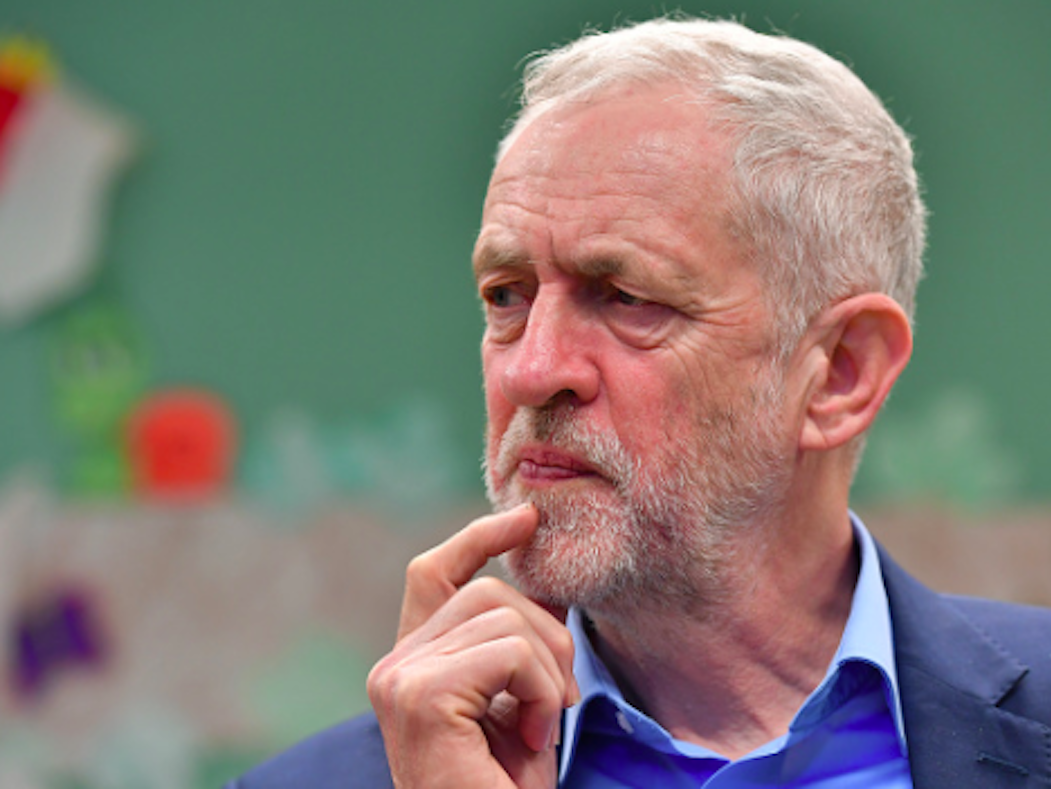POLL: Will you vote tactically in the 2017 general election?

Anthony Devlin/Getty Images
LONDON — Labour leader Jeremy Corbyn last week ruled out the prospect of forming electoral pacts with the Green Party and Liberal Democrats, following calls for the three parties to coordinate in an attempt to defeat the Tories.
That means that, in most constituencies, candidates from each opposition party will be standing, and the question of "tactical voting" has now become a hot topic.
So how exactly does it work?
The Conservatives are widely expected to win the June 8 election and increase their majority significantly, with an average of polls putting the party at least 16 points ahead of Labour — a lead which pollster John Curtice says would hand the Tories a 100-seat majority.
Some activists and politicians opposed to Brexit fear that a big Conservative majority could give Theresa May more freedom to pursue a "hard Brexit," which would see Britain pulled out of the single market.
They argue that the only realistic way to prevent such an outcome is to vote for the candidate who provides the best chance of defeating the Conservative candidate in any given constituency — regardless of which party that candidate belongs to.
In practice, that means voting for the party that came second to the Conservatives in the 2015 General Election, or the party that won the seat — whether that is the Lib Dems, the Labour party, or the Greens.
So would you consider voting tactically in June's general election? Vote here:
NOW WATCH: This animated map shows how religion spread across the world
See Also:

 Yahoo News
Yahoo News 

